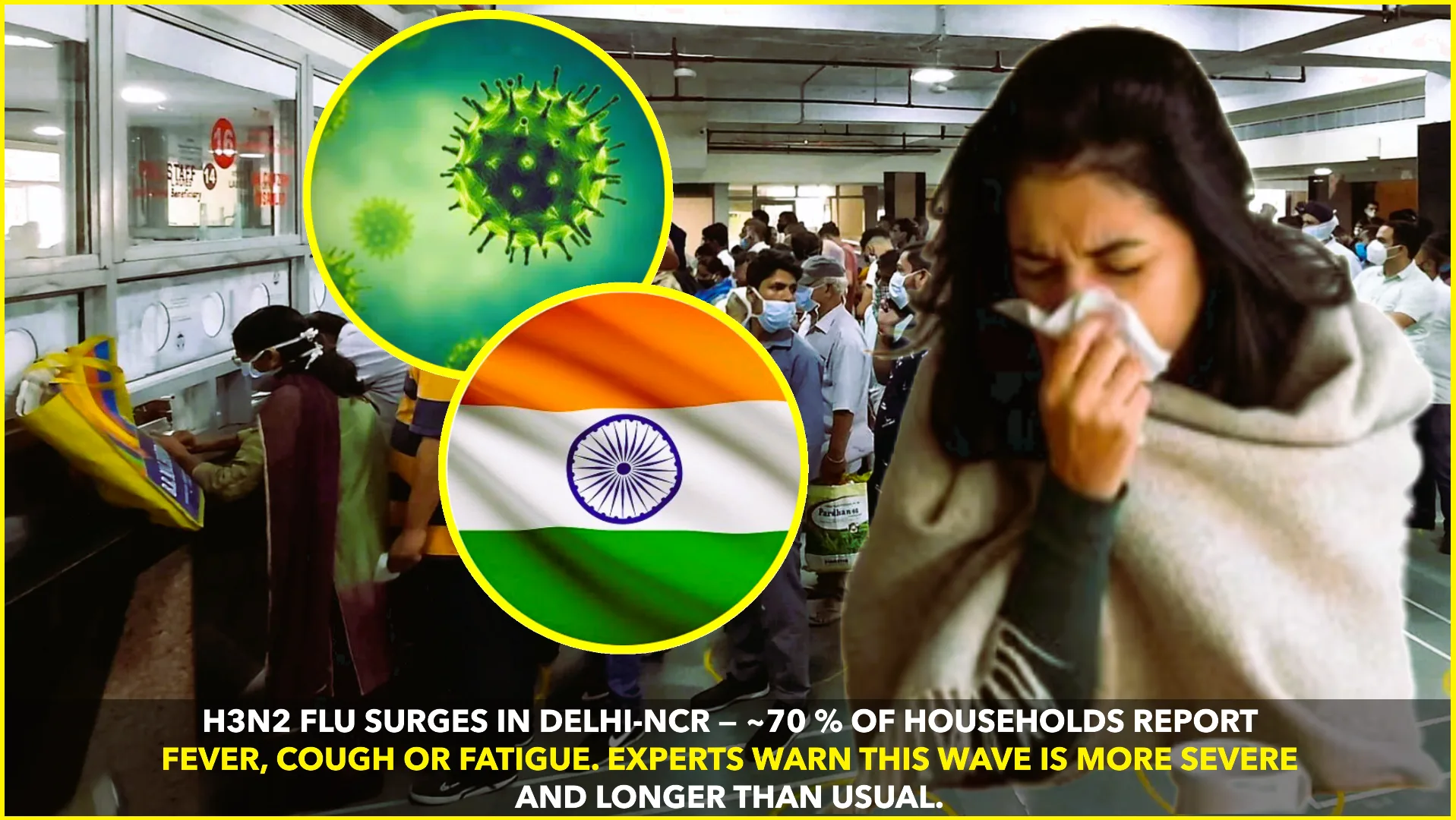A recent study published in the journal Nutrients has raised concerns about the potential health risks associated with high poultry consumption. The research, conducted over a 19-year period, tracked 4,869 participants in southern Italy to examine the relationship between meat intake and mortality rates. Findings indicate that individuals consuming more than 300 grams of poultry per week faced a 27% higher risk of death from all causes, including a more than twofold increase in mortality from gastrointestinal cancers, compared to those consuming less than 100 grams weekly. Real Simple
The study’s methodology involved analyzing dietary habits and health outcomes over nearly two decades, providing a comprehensive look at long-term dietary impacts. Notably, the increased mortality risk was particularly pronounced among men, suggesting potential gender-based differences in susceptibility. EatingWell
While the study establishes a correlation between high poultry consumption and increased mortality risk, it does not confirm causation. Experts caution that various factors, such as cooking methods, processing of poultry, and overall lifestyle choices, could influence these outcomes. For instance, cooking poultry at high temperatures, like grilling or frying, can produce carcinogenic compounds known as heterocyclic amines and polycyclic aromatic hydrocarbons.
Dietitian Theresa Gentile emphasizes the importance of considering these variables, noting that the study’s reliance on self-reported dietary data may introduce inaccuracies. She advises that occasional consumption of poultry, especially when prepared using healthier cooking methods and as part of a balanced diet, remains acceptable. Gentile recommends opting for organic or pasture-raised chicken, avoiding processed forms, and incorporating more plant-based proteins and seafood to promote better health outcomes. Real Simple
This study contributes to the ongoing discourse on meat consumption and cancer risk. Previous research has often highlighted the dangers of red and processed meats, but findings regarding poultry have been mixed. Some studies suggest that poultry may have a protective effect against certain cancers, while others, like this recent study, indicate potential risks associated with high intake. Cancer Therapy Advisor
Given these findings, individuals are encouraged to moderate their poultry consumption and focus on a diverse diet rich in plant-based foods. Adopting cooking methods that reduce the formation of harmful compounds, such as baking or steaming, can also mitigate potential risks. As research continues to evolve, maintaining a balanced and varied diet remains a cornerstone of healthful eating practices.










